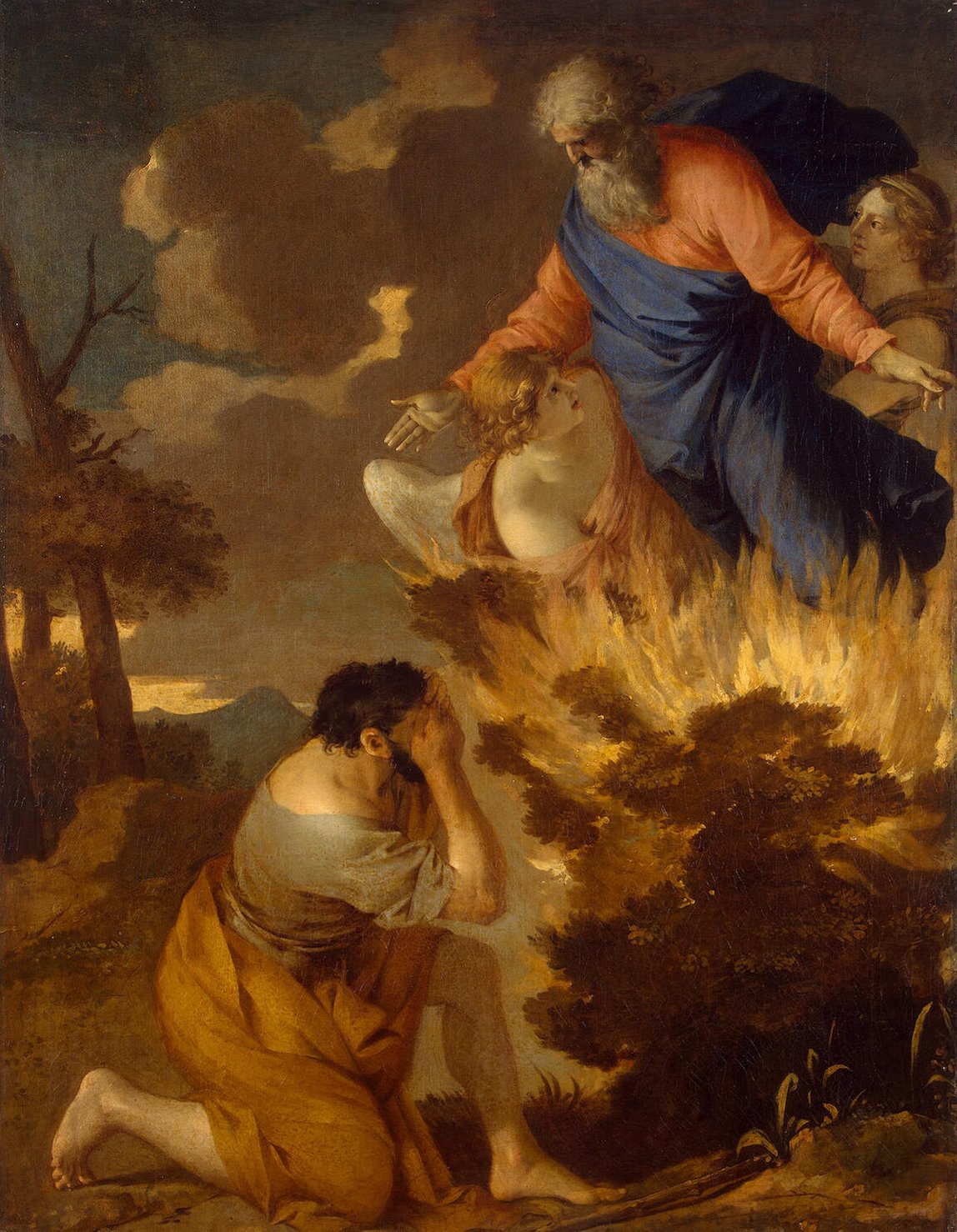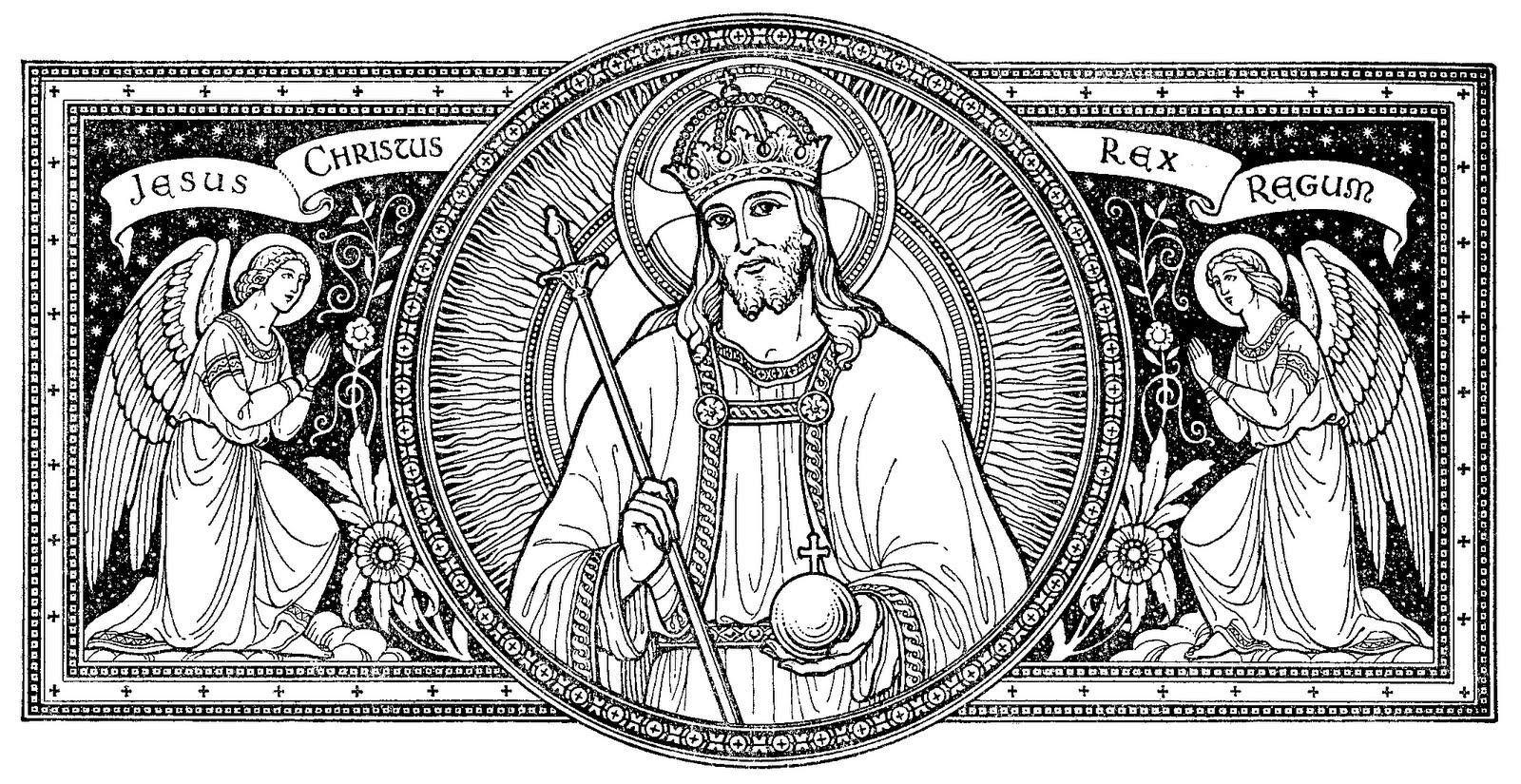After all the fasting, prayer and almsgiving; after all the preparations of Lent; after forty days of denial, as we participate in Jesus’ sojourn in the desert, we come, at last, to the great saving events of Holy Week, with which Jesus ended his earthly life and mission. We see him proceeding triumphantly into Jerusalem. We see him disputing with the leaders of his people. He keeps his place of residence secret and uses a series of James Bond-like passwords and hidden locations, so that he can celebrate the Passover with his disciples before his Passion. He washes their feet. He prays alone during his Agony in the garden. He is arrested, tried, scourged, crowned with thorns; and then crucified. He dies on the cross, and like any other human, is buried.
Passion comes from the Latin word for suffering. It carries the implication that things happen to us or control us, rather than the other way round. We become passive in the face of feelings or events. When we feel strong emotions that sometimes lead us to lose control of our actions, we speak of being in the grip of passions. We speak of passionate love, a love so great that it consumes us - that it dominates and controls our lives. We suffer these things, meaning that they happen to us rather than that we control them.
The Passion of Jesus was something that happened to him. He surrendered control of his life to the earthly powers who brought him to his terrible suffering and death. He did this willingly, knowing that it was the will of his Father, that it was the only option for the human race that he should die, taking our sins on his shoulders. The Creed puts it like this: “He suffered under Pontius Pilate.” But we must recall that it was his choice, and the will of his Father: “You would have no power over me were it not given to you from above,” he tells the same Pontius Pilate. But Jesus does not allow earthly powers to triumph. He surrenders his life to them so that he may defeat them by rising from the dead. “God so loved the world that he gave his only-begotten Son, that whoso believeth in Him should not perish, but have everlasting life.”
There are times when earthly powers seem to triumph, when we appear powerless in the face of them, when we seem to have no choice but to yield to them. But we must never believe them to have the final say. Not only did Jesus have the ultimate victory over them by rising from the dead, but in the very act of defying God by killing his Son, they were actually carrying out God’s will. We can never grasp the fullness of God’s plan for his creation. But we can be assured of one thing: “He that doth endure to the end shall be saved,” as Paul expresses it. If we remain faithful to him despite all, we will share in his ultimate victory over sin and death.
Fr Phillip










